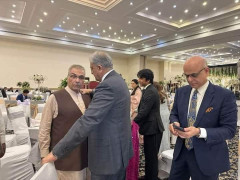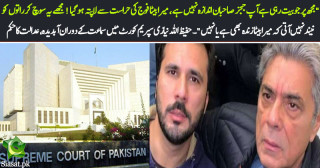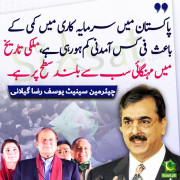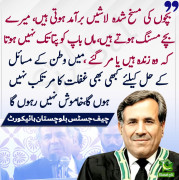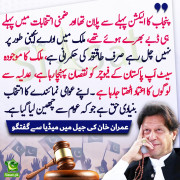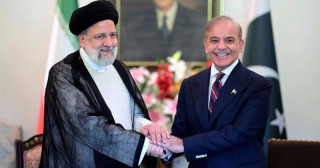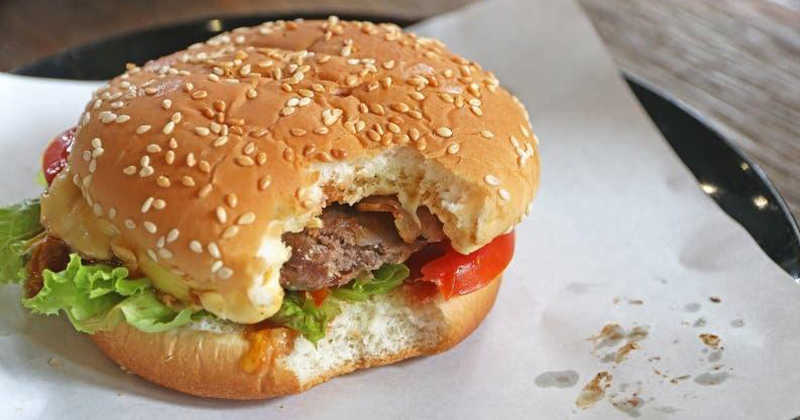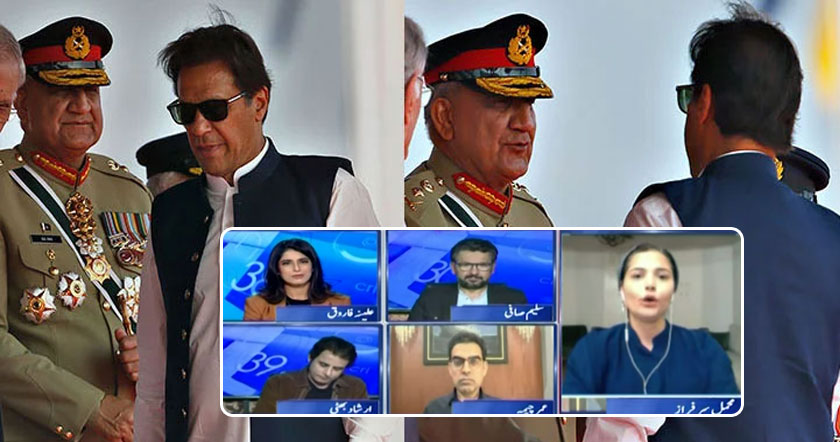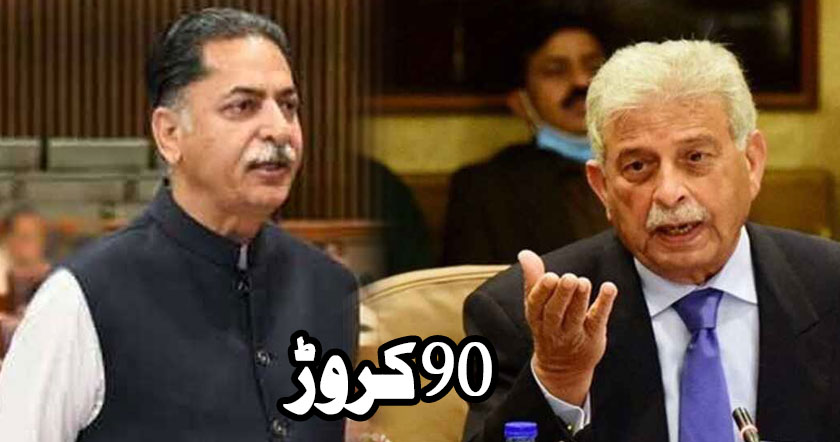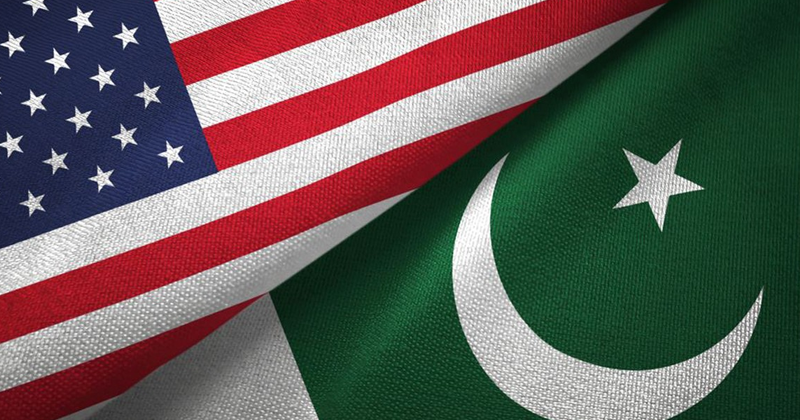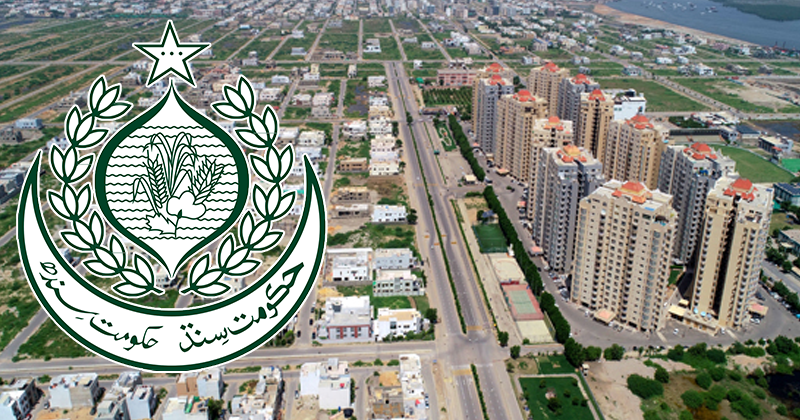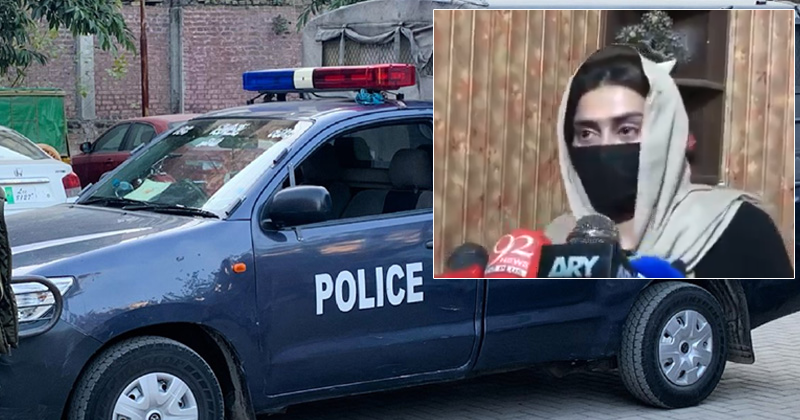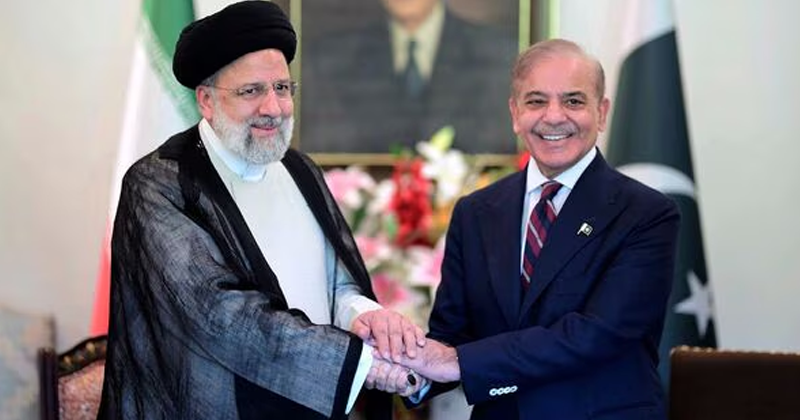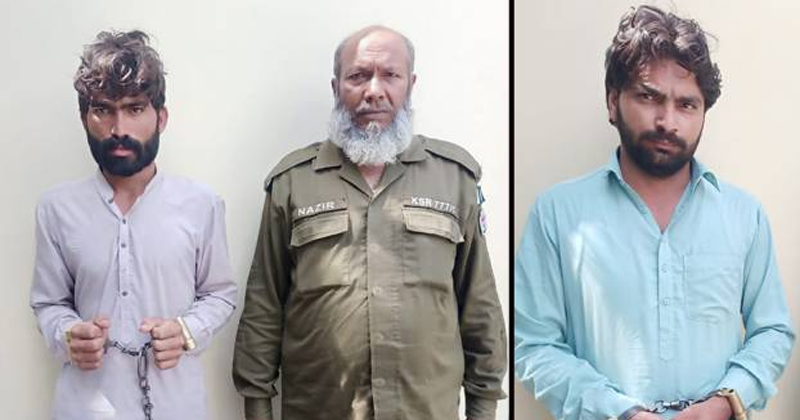In March 1917, British commander Lt.-General Stanley Maude, issued a proclamation upon entering Baghdad (above) declaring that Our armies do not come into your cities and lands as conquerors or enemies, but as liberators. British liberators proceeded to use poison gas against Iraqi rebels.

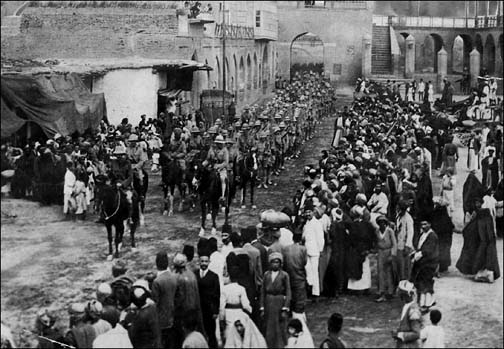
It all goes back to the seizure of the Near East by the Western powers during and after World War I. As Marxists declared at the time, that was not a war to make the world safe for democracy, as U.S. president Woodrow Wilson sanctimoniously claimed. Rather, it was over the division of the world by the imperialists and the redistribution of their respective colonies. WWI saw the break-up of the Ottoman Empire in the Near East, whose capital Constantinople became Istanbul, the metropolis of modern Turkey. Out of the remnants of that decrepit empire, a series of artificial states were created which arbitrarily divided up and threw together various peoples of the Arab East under puppet monarchs imposed by the colonialists (see Mr. Sykes and Monsieur Picot Carve Up the Near East). Under League of Nations mandates, France got Syria and Lebanon, while Britain got Palestine, Jordan and Iraq. Naturally, the imperialist democracies didnt bother to consult the populations of the countries involved.
The birth of Iraq was presided over by Winston Churchill, an arrogant, brutal colonialist and imperialist who to this day is honored as a statesman in bourgeois histories. At the time Churchill was British secretary of state for the colonies. He had earlier promised Arabian ruler Sharif Hussein to install his son, Feisal, as ruler of Syria. When the French grabbed Damascus in the diplomatic horse-trading, Churchill gave Feisal the lands formerly known as Mesopotamia, lying between the Tigris and Euphrates Rivers, as a consolation prize. Repeatedly from 1919 on, the population of what is now Iraq rose up against the Hashemite ruler and his British patrons. In June 1920, a full-scale rebellion broke out. British garrisons were taken by surprise as the revolt spread throughout the lower Euphrates valley. In August, the insurgents declared a provisional Arab government. But by February 1921, the revolt had been crushed, with between 8,000 and 9,000 rebels killed. This was accomplished mainly through the use of air power, by the Royal Air Force (RAF), which mercilessly bombed the insurgents using incendiary weapons and poison gas.

Before the outbreak of the rebellion, the RAF asked Churchill in 1919 for permission to use chemical weapons against recalcitrant Arabs as an experiment. Churchill (then secretary of state for war) in turn asked experts if it would be possible to use some kind of asphyxiating bombs calculated to cause disablement of some kind but not deathfor use in preliminary operations against turbulent tribes. He added: I do not understand this squeamishness about the use of gas. I am strongly in favour of using poison gas against uncivilised tribes which spread a lively terror. General Sir Aylmer Haldane wrote that poison gas was more useful against the hilly Kurdish redoubts, while in the hot plainsthe gas is more volatile (quoted in Geoff Simmons, Iraq: From Sumer to Saddam [MacMillan Press, 1994]). In fact, the weapons used by the RAF in its civilizing mission against the turbulent tribes were quite lethal. The British cabinet was squeamish, but Churchill argued that use of gas should not be prevented by the prejudices of those who do not think clearly. Eventually, poison gas was used on Iraqi rebels, with what the illustrious statesman described as excellent moral effect (quoted in David Omissi, Air Power and Colonial Control. The Royal Air Force, 1919-1939 [Manchester University Press, 1990]).
The RAF was also used to bomb and strafe Kurds and Iraqis before, during and after the revolt. A series on the Secret History TV program of Britains Channel 4 on The RAF and the British Empire (6 July 1992) interviewed a squadron leader, who said that if the tribespeople were doing something they ought not to be doing then you shot them. A commander remarked: If the Kurds hadnt learned by our example to behave themselves in a civilised way then we had to spank their bottoms. This was done by bombs and guns. A colonel with the Royal Artillery noted in his diary that the burning of Arab villages made a wonderful sight at night. Earlier, Wing Commander Arthur Harris emphasized, The Arab and Kurd now know what real bombing means in casualties and damage. Within forty-five minutes a full-size village can be practically wiped out and a third of its inhabitants killed or injured. The bloodthirsty Harris was later known as Bomber Harris (or, more to the point, Butcher Harris) during World War II, when he designed the infamous firebombing of Dresden, Germany in February 1945 (see U.S./British Massacre at Dresden).
As the Pentagon is doing today, Britain used the suppression of the Iraqi revolt in order to test out new weapons. Devices developed for use against tribal villages included forerunners of napalm, air-to-ground missiles and fragmentation bombs. An Air Ministry list included:
Phosphorous bombs, war rockets, metal crowsfeet [to maim livestock], man-killing shrapnel, liquid fire, and delay-action bombs. Many of these weapons were first used in Kurdistan.
Gertrude Bell, the Oriental Secretary in the Colonial Office, described a demonstration of the new technology: They had made an imaginary villageand the first two bombs dropped from 3000 feet, went straight into the middle of it and set it alight. Then they dropped bombs all round it, as if to catch the fugitives and finally fire bombs which even in the brightest sunlight made flares of bright flame in the desert. They burn through metal and water wont extinguish them. At the end the armoured cars went out to round up the fugitives with machine guns (quoted in Simons, Iraq: From Sumer to Saddam, which brings together reports of Britains use of poison gas and terror bombing of the civilian Iraqi population).
Today the British Foreign and Commonwealth Office, successor to the Colonial Office, professes horror at the suffering of the Kurds under Husseins rule, which has included the use of chemical weapons (Saddam Hussein: Crimes and Human Rights Abuses [November 2002]). Yet this is the bloody history of the British imperialists who claim to be friends of the Kurds! In March 1917, the commander of the Anglo-Indian Army of the Tigris, Lt.-General Stanley Maude, issued a proclamation upon entering Baghdad declaring that Our armies do not come into your cities and lands as conquerors or enemies, but as liberators (Robert Fisk, The West Has Been Liberating the Middle East for Centuries, Independent [London], 7 March). This is the fiery hell the imperialist liberators visited on the Iraqi people then, as they are doing again today.


It all goes back to the seizure of the Near East by the Western powers during and after World War I. As Marxists declared at the time, that was not a war to make the world safe for democracy, as U.S. president Woodrow Wilson sanctimoniously claimed. Rather, it was over the division of the world by the imperialists and the redistribution of their respective colonies. WWI saw the break-up of the Ottoman Empire in the Near East, whose capital Constantinople became Istanbul, the metropolis of modern Turkey. Out of the remnants of that decrepit empire, a series of artificial states were created which arbitrarily divided up and threw together various peoples of the Arab East under puppet monarchs imposed by the colonialists (see Mr. Sykes and Monsieur Picot Carve Up the Near East). Under League of Nations mandates, France got Syria and Lebanon, while Britain got Palestine, Jordan and Iraq. Naturally, the imperialist democracies didnt bother to consult the populations of the countries involved.
The birth of Iraq was presided over by Winston Churchill, an arrogant, brutal colonialist and imperialist who to this day is honored as a statesman in bourgeois histories. At the time Churchill was British secretary of state for the colonies. He had earlier promised Arabian ruler Sharif Hussein to install his son, Feisal, as ruler of Syria. When the French grabbed Damascus in the diplomatic horse-trading, Churchill gave Feisal the lands formerly known as Mesopotamia, lying between the Tigris and Euphrates Rivers, as a consolation prize. Repeatedly from 1919 on, the population of what is now Iraq rose up against the Hashemite ruler and his British patrons. In June 1920, a full-scale rebellion broke out. British garrisons were taken by surprise as the revolt spread throughout the lower Euphrates valley. In August, the insurgents declared a provisional Arab government. But by February 1921, the revolt had been crushed, with between 8,000 and 9,000 rebels killed. This was accomplished mainly through the use of air power, by the Royal Air Force (RAF), which mercilessly bombed the insurgents using incendiary weapons and poison gas.

Before the outbreak of the rebellion, the RAF asked Churchill in 1919 for permission to use chemical weapons against recalcitrant Arabs as an experiment. Churchill (then secretary of state for war) in turn asked experts if it would be possible to use some kind of asphyxiating bombs calculated to cause disablement of some kind but not deathfor use in preliminary operations against turbulent tribes. He added: I do not understand this squeamishness about the use of gas. I am strongly in favour of using poison gas against uncivilised tribes which spread a lively terror. General Sir Aylmer Haldane wrote that poison gas was more useful against the hilly Kurdish redoubts, while in the hot plainsthe gas is more volatile (quoted in Geoff Simmons, Iraq: From Sumer to Saddam [MacMillan Press, 1994]). In fact, the weapons used by the RAF in its civilizing mission against the turbulent tribes were quite lethal. The British cabinet was squeamish, but Churchill argued that use of gas should not be prevented by the prejudices of those who do not think clearly. Eventually, poison gas was used on Iraqi rebels, with what the illustrious statesman described as excellent moral effect (quoted in David Omissi, Air Power and Colonial Control. The Royal Air Force, 1919-1939 [Manchester University Press, 1990]).
The RAF was also used to bomb and strafe Kurds and Iraqis before, during and after the revolt. A series on the Secret History TV program of Britains Channel 4 on The RAF and the British Empire (6 July 1992) interviewed a squadron leader, who said that if the tribespeople were doing something they ought not to be doing then you shot them. A commander remarked: If the Kurds hadnt learned by our example to behave themselves in a civilised way then we had to spank their bottoms. This was done by bombs and guns. A colonel with the Royal Artillery noted in his diary that the burning of Arab villages made a wonderful sight at night. Earlier, Wing Commander Arthur Harris emphasized, The Arab and Kurd now know what real bombing means in casualties and damage. Within forty-five minutes a full-size village can be practically wiped out and a third of its inhabitants killed or injured. The bloodthirsty Harris was later known as Bomber Harris (or, more to the point, Butcher Harris) during World War II, when he designed the infamous firebombing of Dresden, Germany in February 1945 (see U.S./British Massacre at Dresden).
As the Pentagon is doing today, Britain used the suppression of the Iraqi revolt in order to test out new weapons. Devices developed for use against tribal villages included forerunners of napalm, air-to-ground missiles and fragmentation bombs. An Air Ministry list included:
Phosphorous bombs, war rockets, metal crowsfeet [to maim livestock], man-killing shrapnel, liquid fire, and delay-action bombs. Many of these weapons were first used in Kurdistan.
Gertrude Bell, the Oriental Secretary in the Colonial Office, described a demonstration of the new technology: They had made an imaginary villageand the first two bombs dropped from 3000 feet, went straight into the middle of it and set it alight. Then they dropped bombs all round it, as if to catch the fugitives and finally fire bombs which even in the brightest sunlight made flares of bright flame in the desert. They burn through metal and water wont extinguish them. At the end the armoured cars went out to round up the fugitives with machine guns (quoted in Simons, Iraq: From Sumer to Saddam, which brings together reports of Britains use of poison gas and terror bombing of the civilian Iraqi population).
Today the British Foreign and Commonwealth Office, successor to the Colonial Office, professes horror at the suffering of the Kurds under Husseins rule, which has included the use of chemical weapons (Saddam Hussein: Crimes and Human Rights Abuses [November 2002]). Yet this is the bloody history of the British imperialists who claim to be friends of the Kurds! In March 1917, the commander of the Anglo-Indian Army of the Tigris, Lt.-General Stanley Maude, issued a proclamation upon entering Baghdad declaring that Our armies do not come into your cities and lands as conquerors or enemies, but as liberators (Robert Fisk, The West Has Been Liberating the Middle East for Centuries, Independent [London], 7 March). This is the fiery hell the imperialist liberators visited on the Iraqi people then, as they are doing again today.


